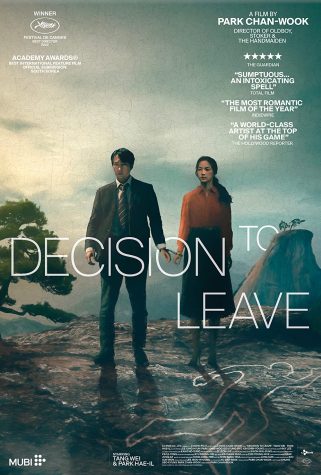Vaccines: Truth or Scare?
Most schools in California require vaccinations, but are they really worth it? A vaccine is a substance (usually a form of a disease) ejected into one’s body to stimulate the production of antibodies and provide immunity against one or several diseases. Vaccinations have been a widely debated topic ever since they were invented in 1796. With that being said, there are very strong arguments for both sides.
Pros
The primary argument for vaccines is that they can save lives. The American Academy of Pediatrics states that “most childhood vaccines are 90%-95% effective in preventing disease” (vaccines.procon.org). With the advancing technology, vaccines are proven to work nine times out of 10.
In addition, vaccines save the time and money of both parents and children. Vaccines cost less time and money to obtain than infectious diseases cost both to treat and to overcome, potential long-term disability care and medical costs. New York Times says for just $136, you could potentially save your child from a harmful disease such as smallpox or measles.
Cons
One negative aspect of vaccines is that they can cause serious — and, in some cases, fatal — side effects. Approximately 40 percent of Americans have obtained some kind of disease or illness. However, this means 60 percent have not, so there is a six out of 10 chance you will not get any serious disease, and, personally, I would take those odds over 40 percent.
Some people also argue that there are other, more natural immunities than vaccines. The Children’s Hospital of Philadelphia states, “It is true that natural infection almost always causes better immunity than vaccines. Whereas immunity from disease often follows a single natural infection, immunity from vaccines occurs only after several doses” (vaccines.procon.org).
Another drawback is expense; upfront, not getting vaccinated can save you the extra $136 and a trip to the doctors.
In the end, one must answer the deciding question: Are you willing to take the risk?
In my opinion, the cons out weigh the pros. There’s always a chance of being infected by some kind of illness but it’s less than 50% so it’s safe to say a majority of the time it’s not going to happen. I have been growing up in a family based on health because my dad has been working with health and nutrition his entire life. With that being said, I’m not a fan of putting unnatural chemicals and viruses in my body to help build immunity toward a certain disease. As mentioned earlier, there are various other natural ways to fight illnesses, such as supplements and vitamins. Although technology is advancing quickly, it’s not necessarily bad to hold onto some of the more traditional values of health.













